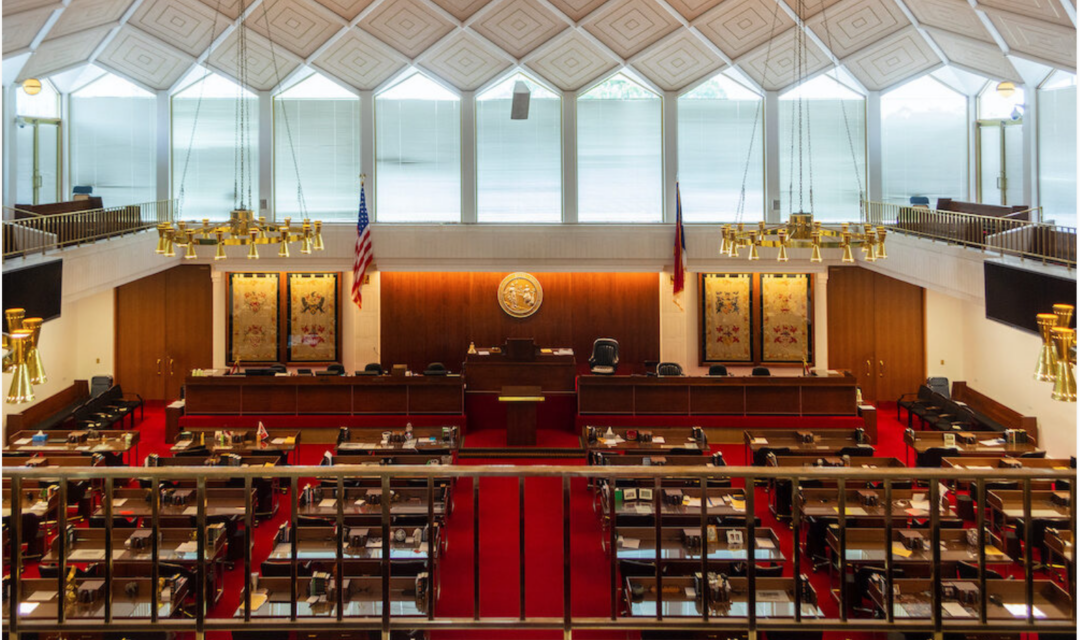A North Carolina state budget – without casino expansion but with Medicaid expansion – is scheduled to be voted on by the NC state House on Wednesday, Sept. 20.
Getting to this point has been a long strange trip. Legislation to allow four additional casinos in the state and Medicaid expansion were both in the budget until recently.
The casino legislation attracted virulent opposition, and the folks from Rockingham County who opposed having a casino complex developed on 192 acres near the Guilford County line appeared to be leading that charge.
Earlier in the budget process, President Pro Tem of the state Senate Sen. Phil Berger (R-Rockingham) was adamant that the casino legislation remain the budget bill.
State House Speaker Tim Moore (R-Cleveland) publicly said that he didn’t have the votes in the House to pass a budget bill that included the gaming legislation.
A plan was floated out there to take both the casino legislation and Medicaid expansion out of the budget and place both in one separate bill. The idea was that enough Democrats would vote for Medicaid expansion despite the unpopular casino legislation to pass the bill. However, the Democrats didn’t go along with this political scheme.
The result is a $30 billion budget bill that is expected to pass both chambers by Friday and be sent to Gov.Roy Cooper.
It appears the budget in its current state, without the gaming legislation, will pass with veto-proof majorities in both the House and the Senate. Since Medicaid expansion is included in the budget bill, many believe Cooper will sign it.
The state budget could drop the personal income tax rate to as low as 2.49 percent in the next five years – as long as certain revenue goals are met.
Teachers will receive an average pay increase of 7 percent over the two years covered by the budget.
NCInnovation, which was once slated to receive $1.4 billion by the state Senate, had its allocation reduced to $250 million a year for two years. But $500 million for a nonprofit that has raised about $23 million privately is far more than the original House allocation of $50 million.
The controversial Opportunity Scholarships, which is tuition assistance for students who are enrolled in a private school, remains in the budget. The scholarships will be based on household income levels. Students from households that qualify for the free or reduced-price lunch program would be eligible for about $7,500 in tuition assistance.


I’m glad the casino is out of the budget. That was not the place. Medicaid should have e always been there. But why even put Medicaid with the casino. Now that sounds fishy. I’ve read where Phil Berber’s pockets were lined to get the casino in Rockingham County. Now they know that he only has his own interests at heart. Not the people there
Hearsay is not proof.